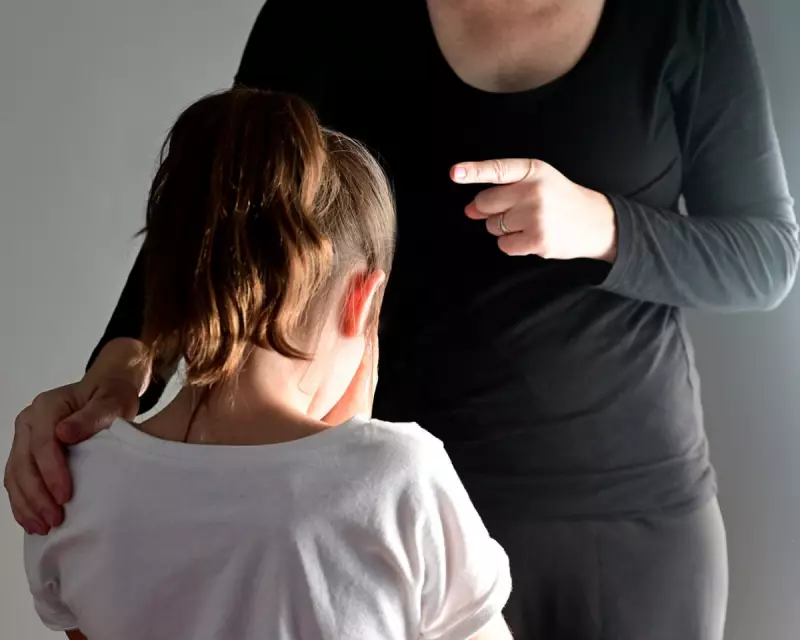
A groundbreaking study has found that children who experience verbal abuse are significantly more likely to suffer from poor mental health as adults. The research highlights the long-term psychological impact of harsh words, linking childhood verbal abuse to increased risks of depression, anxiety, and even self-harm in later life.
The Hidden Scars of Words
Unlike physical abuse, verbal abuse often leaves no visible marks, but its effects can be just as damaging. The study, conducted by a team of psychologists, analysed data from over 10,000 participants and found a clear correlation between childhood verbal abuse and mental health struggles in adulthood.
Key Findings:
- Adults who experienced verbal abuse as children were 1.5 times more likely to develop depression.
- Anxiety disorders were twice as common among those who had been verbally abused.
- Risks of self-harm and suicidal thoughts were also notably higher.
Why Words Matter
Experts emphasise that verbal abuse—such as constant criticism, humiliation, or belittling—can erode a child's self-esteem and sense of worth. Over time, this can lead to deep-seated emotional issues that persist into adulthood.
Dr. Emily Carter, a lead researcher on the study, stated: "Children internalise negative messages, and these can shape their self-perception for years. Parents and caregivers need to understand the power of their words."
Breaking the Cycle
The study also suggests that early intervention and supportive parenting can mitigate these risks. Encouraging positive communication and emotional validation in childhood may help prevent long-term mental health challenges.
For those already affected, therapy and counselling can provide tools to rebuild self-worth and resilience.





